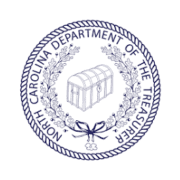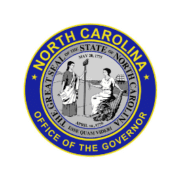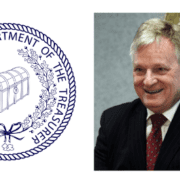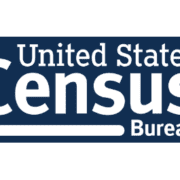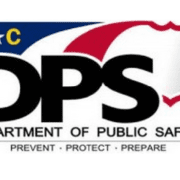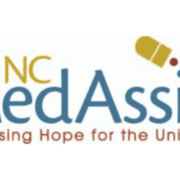Treasurer Folwell Announces $2 Billion Received as Part of CARES Act
100.1 FM ~ 1450 AM ~ WIZS, Your Community Voice ~ Click to LISTEN LOCAL
-Press Release, NC Department of State Treasurer
State Treasurer Dale R. Folwell, CPA, and the Financial Operations Division (FOD) of the Department of State Treasurer (DST) announced on Thursday that North Carolina has received more than $2 billion from the federal government as part of the Coronavirus Aid, Relief, and Economic Security (CARES) Act.
The CARES Act, as passed by Congress and signed by the President, will provide $150 billion for the Coronavirus Relief Fund including direct payments to states, the District of Columbia, U.S. Territories, and eligible units of local government based on population as provided in the CARES Act.
Office of State Budget and Management (OSBM) along with the Office of the State Controller and staff at DST completed the application on April 14 and the funds were received by the State Bank (DST/FOD) the next day. The money is the first disbursement from the federal government of more than $4 billion slated for North Carolina.
“As keepers of the public purse, we’re responsible for receiving money and putting it in interest-bearing accounts,” said Treasurer Folwell. “We’ll process the withdrawal when directed by the legislative and executive branches.”
The North Carolina General Assembly (NCGA) will decide how the state’s money will be spent as part of legislation expected near the end of the month. Once an agreement has been reached, OSBM will distribute the funds. In the interim, the Investment Management Division at DST will invest the money in a short-term investment fund (STIF) that is high quality, low risk and interest-bearing. The money will be held until the NCGA and/or OSBM directs where it will be spent.
DST serves the people of North Carolina through a variety of functions related to the financial health of the state and its citizens. Folwell serves as the state’s banker and chief investment officer and is responsible for approximately $200 billion in assets.
The department administers the employee retirement systems for more than 900,000 public workers, along with their 401(k), 457 and 403(b) plans. DST also oversees the State Health Plan, which provides health care coverage to more than 727,000 teachers, state employees, retirees, current and former lawmakers, state university and community college personnel, and their dependents.
Fiscal assistance and expertise are provided by the department to local governmental units by aiding them in the sale of local government debt obligations and in maintaining sound budgeting, accounting, and reporting procedures. The department also administers the NC Cash unclaimed property database.

